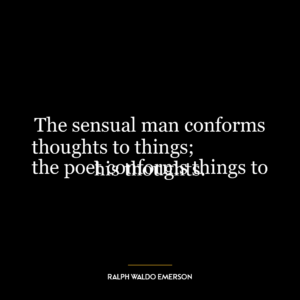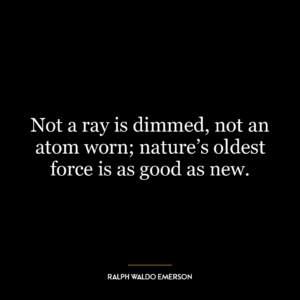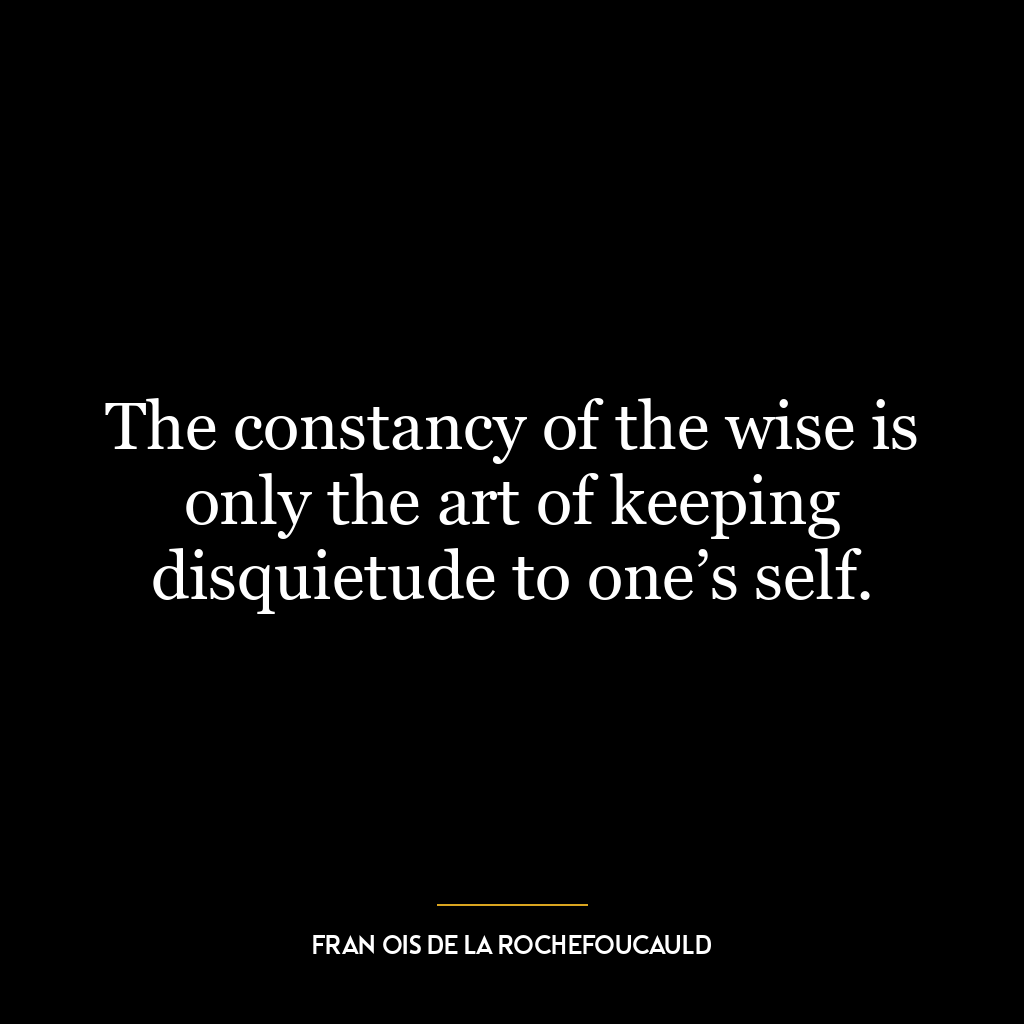The foolish man wonders at the unusual, but the wise man at the usual.
This quote is a profound reflection on the nature of wisdom and how it influences our perception of the world. It suggests that a foolish person is amazed by things that are unusual or out of the ordinary, while a wise person finds wonder in everyday occurrences.
The ‘unusual’ here refers to unusual events or phenomena which are not common in daily life. The foolish man, according to Emerson, marvels at these rare occurrences because he lacks depth in his understanding and appreciation of life.He needs something strikingly different from the norm to pique his interest or evoke a sense of awe.
On the other hand, ‘the usual’ signifies routine events, ordinary objects and experiences we encounter daily. The wise man finds these commonplace aspects intriguing as he perceives deeper layers and intricate details missed by many. He appreciates subtleties of everyday life and sees beauty in simplicity.
Applying this idea into today’s world or personal development means cultivating an ability to value what’s frequently enough overlooked due to its familiarity – like sunrise/sunset, changing seasons, human emotions etc., rather than chasing after rare spectacles or extraordinary experiences for stimulation.
In personal development context, it could mean focusing on improving basic skills or habits rather of seeking quick but unsustainable leaps forward. For instance: instead of dreaming about running a marathon without prior training (unusual), one should focus on building stamina gradually through regular exercise (usual).
In terms of societal application: Instead of being fascinated by sensational news stories (unusual), we should pay attention to underlying systemic issues that affect our daily lives (usual). This shift can lead us towards more lasting solutions for social problems.
Emerson’s quote encourages us to appreciate routine aspects as sources for learning and growth – an approach leading towards wisdom.















